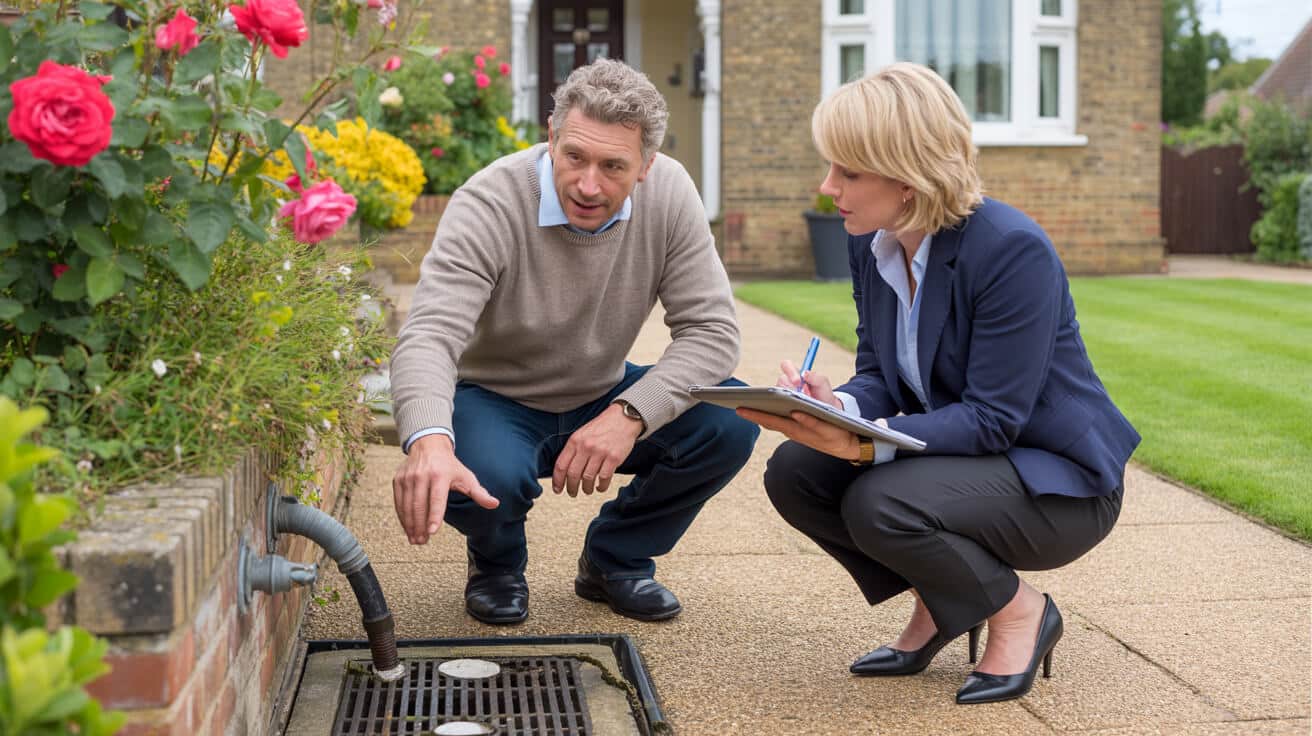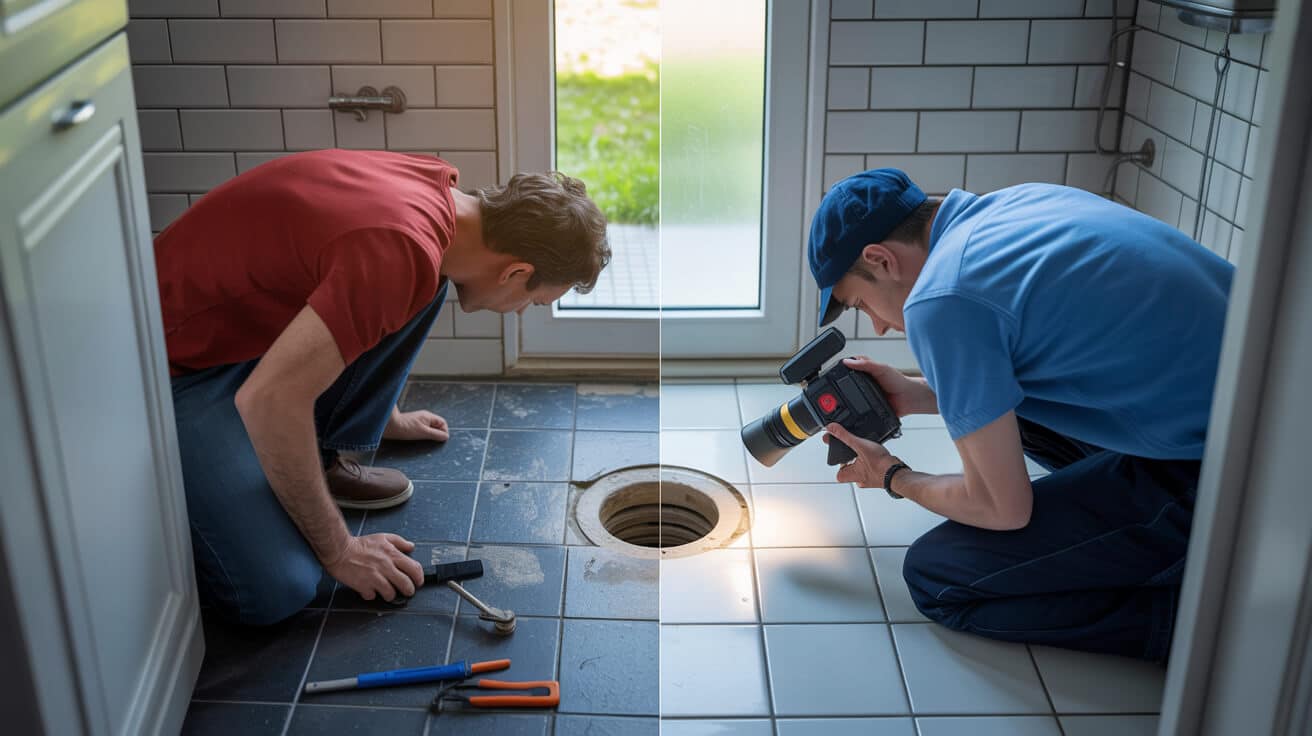 How to Choose The Perfect Shower for Your Bathroom
How to Choose The Perfect Shower for Your Bathroom
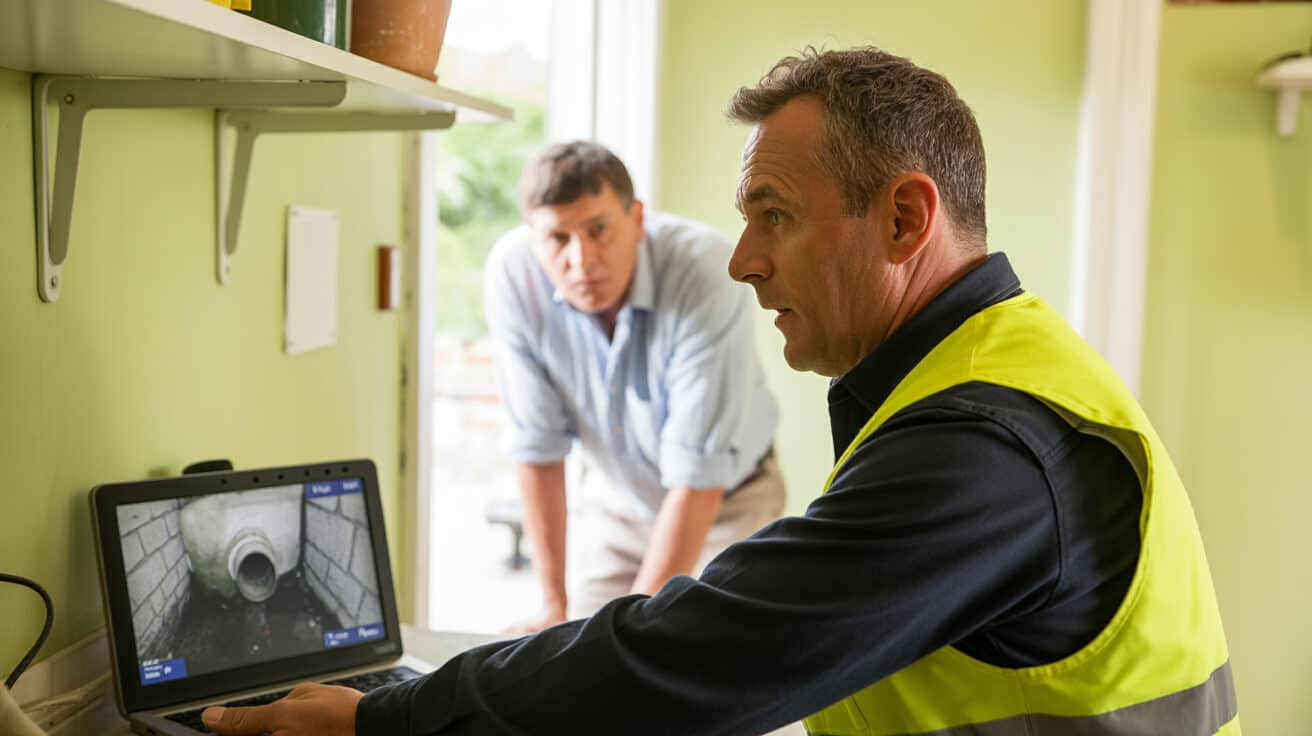
How Do You Choose the Right Shower for Your Bathroom—Without Regret or Redo?
You want a shower that works day one and still feels spot-on year after year. That goes beyond picking from a high street display—it’s about matching what you need with what your existing pipes, pressure, and daily life will actually support. Too often, people rush to buy for looks or trend, only to find out—the hard way—their system can’t deliver. The result? Tepid trickles, nasty leaks, even insurance snags after a so-called ‘quick’ instal.
Showers that never cause a second thought are those where you obsessed over the boring details, long before choosing the shiny bits.
If you’re a homeowner, a landlord, or managing property for tenants or commercial clients, the playbook is the same: safe and steady beats drama and redo. Choices stick when they follow a system—diagnose first, choose later, make every decision traceable. Plumbers 4U is built on that flow: everything confirmed, everything certified, comfort and compliance your tenants (and your future self) will quietly thank you for.
Why Does Your Home’s Water System Dictate Almost Every Shower Decision?
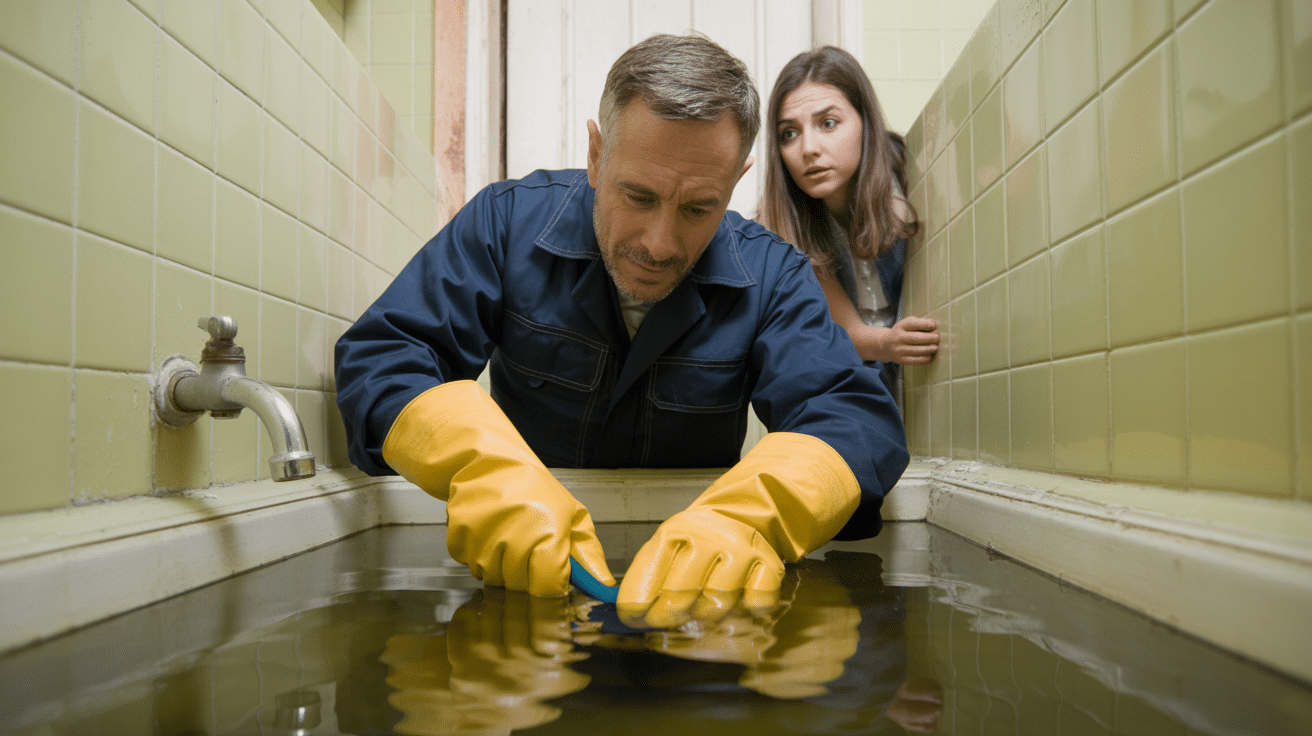
It’s easy to believe you can drop any shower into any home, but your water system has veto power on features, safety, pressure—and your budget. In the UK, just three system types lock in most of your options: gravity-fed, combi boiler, or unvented pressurised cylinder. Even a £1,000 designer shower can flop if the system can’t back it up. Before money leaves your wallet, you need to know what you’re working with.
Gravity, Combi, or Unvented—How to Spot Yours in a Flash
- Gravity-fed: You’ve got a cold tank in the loft and a cylinder somewhere downstairs. This system is old faithful in UK homes—but brings low pressure. Gravity showers, or a power shower with a built-in pump, work best. Standard mixers, digital, or multi-heads? Not unless you like disappointment.
- Combi boiler: No tanks, no cylinder—just a wall-hung box using mains pressure. These suit most modern mixers and digital showers but never add a pump here, unless you want floods and failure.
- Unvented cylinder: Tall white cylinder, sealed, usually with a ganged pressure vessel—delivers high, balanced pressure everywhere. This system lets you spec designer digital or multi-outlet showers, but only when fitted by G3-certified professionals.
Most bad job rescues come from skipping this step—guessing at the system or trusting what’s visible isn’t good enough.
System-Led Decision-Making—Your Insurance Against Disaster
Building regulations (like Part G, H, and WRAS rules) don’t allow “close enough” guesses. Every part has to match your actual setup—pressure, safety, supply, even water quality zone. Installers liable for mis-matches can void warranties, insurance, and even council signoff (WRAS, 2024). Every Plumbers 4U survey is system-led: we test, we match, you win—because the instal fits the very first time.
How Does Water Pressure Shape Your Shower Experience (and Prevent Callbacks)?
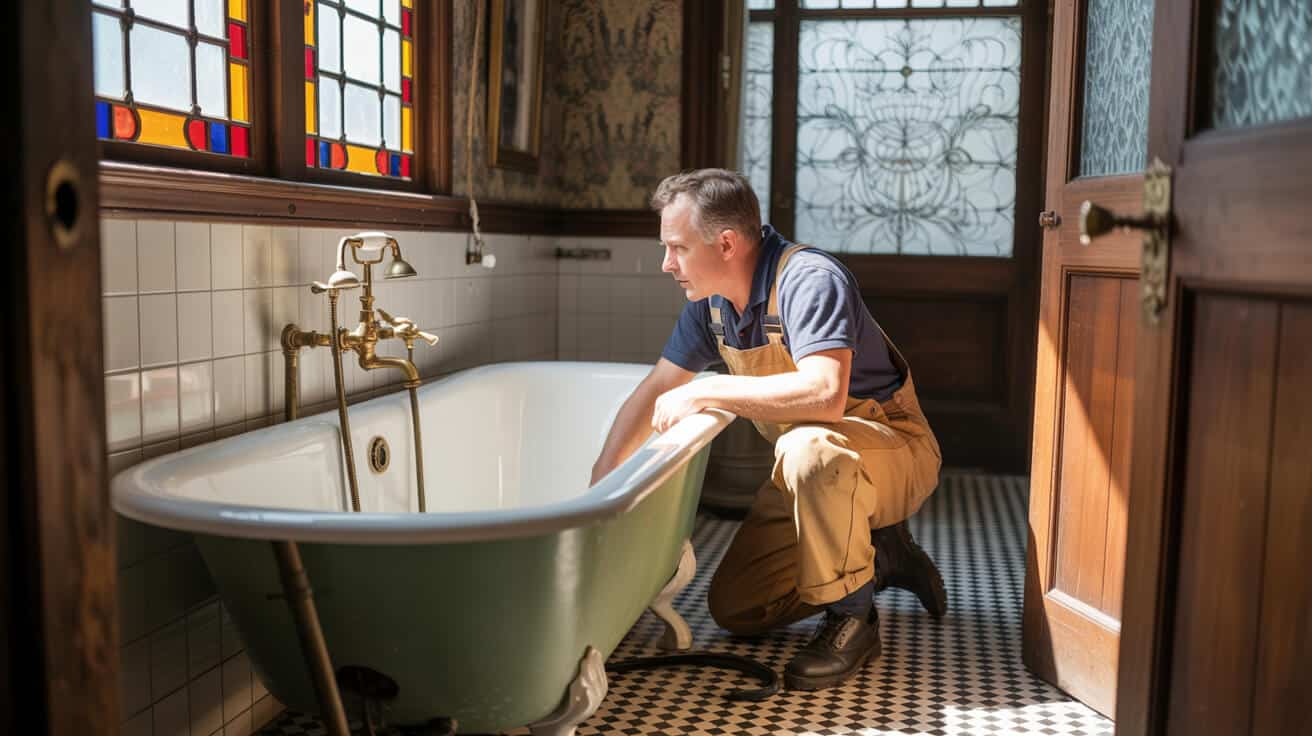
Pressure isn’t a detail you fix after buying—get it wrong, and you get a droopy flow, scale trouble, and all the annoying callouts that follow a bad choice. Testing is simple, but skipping it blows up more projects than any single fitting ever has.
The Quick Pressure Check—Don’t Buy Blind
- Fill a 1-litre jug from your bathroom tap and time it. Six seconds or less? You’re above 1 bar, the entry point for most modern showers.
- Use or ask for a pro’s digital gauge. It measures static and dynamic pressure—meaning both at rest and when running, because a system can behave badly under real use.
One £10 test now can save months of “why isn’t this working?”
Low Pressure or Inconsistent Flow? Here’s Your Plan
- Gravity systems: You’re living the low-pressure life unless you upgrade. Choose gravity-fed models or fit a proper power shower.
- Combi/unvented mains: Use these for direct mixers, digital, or multi-head systems—just confirm your pressure is still strong at every intended outlet.
Pressure drops after a refurb, extension, or big kitchen/bath swap are common. The pros don’t assume—every new job gets checked, and that’s why boiler rooms and hot presses get pro visits, not just a phone-in quote.
When Should You Upgrade or Troubleshoot?
- Extensions, extra bathrooms, or remodelling upset the balance—so don’t trust “it worked before.”
- Sub-1 bar? Ask about boosting, possible through system upgrades or specialist pumps (with gravity), never on a straight combi.
- High pressure (1.5 bar+) opens up the best tech—and the best warranties.
Plumbers 4U deliver these outcomes every job, and every instal includes a pressure and flow commission test logged for your records.
How Should Safety, Accessibility, and Real Life Shape Your Shower Choice?
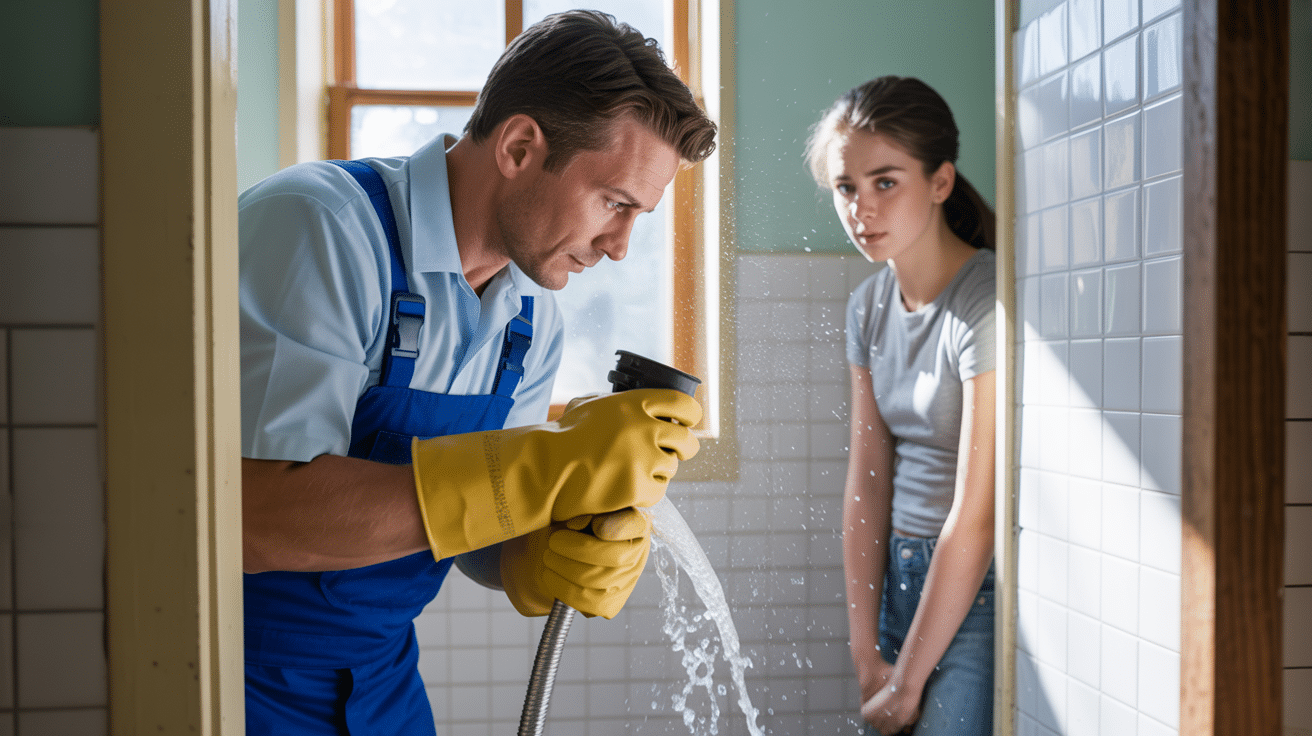
A shower you love in year one, but fear in year five, wasn’t built for reality. Accidents happen not because people are clumsy, but because design overlooks safety, accessibility, or family shifts. The law sees it that way too—so does anyone rating your property, renting it, or insuring it.
Designing for Everyone—Not Just Your Pinterest Board
- Low or level trays, anti-slip floors: Surfaces rated at R10+ massively drop the risk of slips (even more for elderly, children, or anyone with limited mobility).
- Thermostatic controls and TMVs: These control scald risk. The law (and water industry guidance) calls for them in any home with children, tenants, or elderly residents. Set between 38–42°C as an upper limit.
- Controls and support rails: Raised levers, mobile heads, clear dial marks—these make showers user-proof, not just compliant *(Centre for Accessible Environments, 2023)*.
Properties with the lowest (legal and insurance) risk didn’t cross their fingers on safety—they invested in it early, for everyone.
Going Beyond: Smart and Digital Controls
- App-enabled showers make life easier for busy families and landlords—profiled settings mean nobody gets scalded, and mistakes are locked out.
- Smart systems can alert you to runaway temperatures or unusual flow—great for multi-resident buildings.
Every good installer walks through these settings at handover, making sure each resident or user can confidently adjust controls without risk—or phone calls.
Accessibility Is Futureproofing
- Properties move up the market when accessibility is built in, not bolted on.
- Landlords: homes with low-step, safe showers and user-friendly controls rent faster, last longer, and resist legal headaches.
- Homeowners: injuries, ageing, and family needs change with little warning. Designing in accessibility now is real peace of mind.
Which Shower Type Suits Your System and Everyday Demands—No Overengineering?
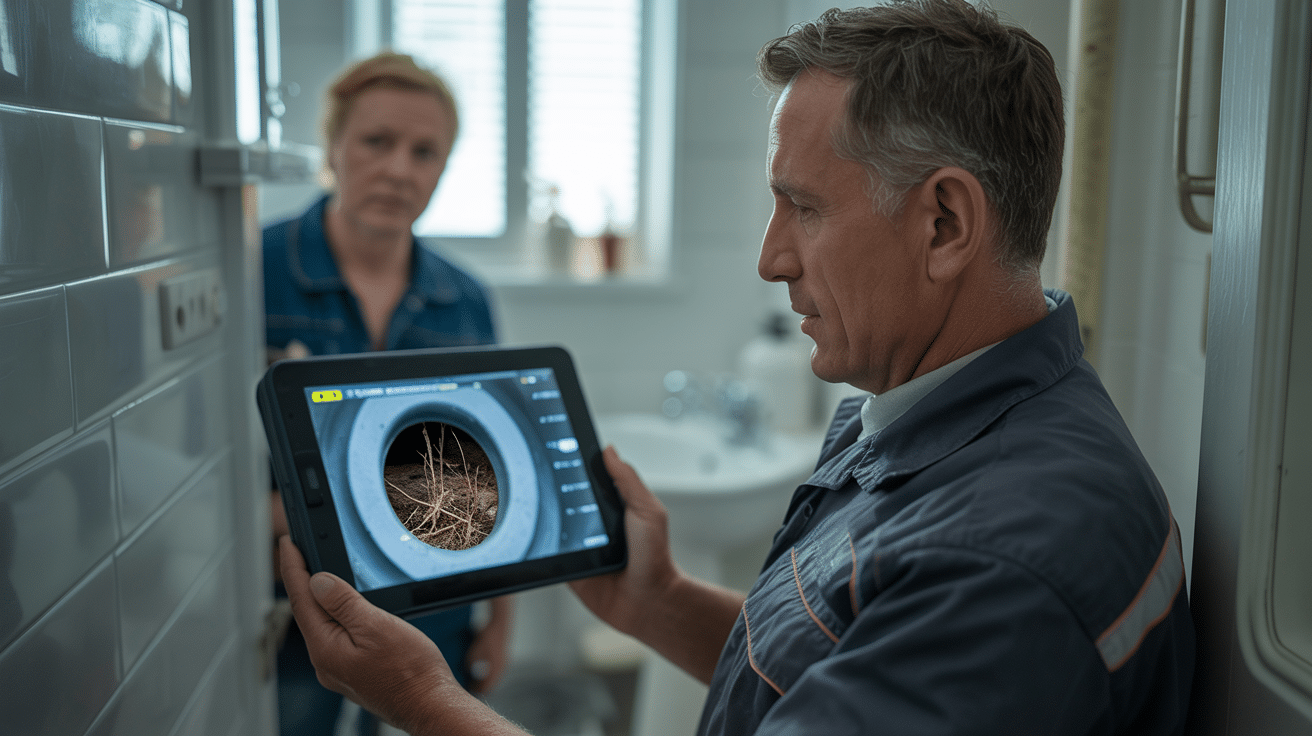
Forget the arms race for features—what sticks is what matches your lifestyle and installed system. The best shower for you is the one you won’t want to swap again next year.
Table: Picking the Right Shower for Your Water System
Here’s how the main options line up:
| Shower Type | System Fit | Expert Note |
|---|---|---|
| Electric | Any mains supply | Needs cold supply. Good as a backup. |
| Mixer | Combi/Unvented | Requires mains pressure. Most comfort. |
| Power | Gravity only | Built-in pump for low-flow. Never fit on combi/unvented. |
| Digital/Smart | Pressurised/Combi | Requires both good pressure and compatible wiring. |
Always check with your installer—they’ll advise if your supply needs tweaking for your preferred features, or if a change of plan will serve you better.
Feature Choices—Focus on What Adds, Not Complicates
- Eco heads or low-flow: Strong if your supply backs it—weak if your pressure is borderline.
- Programmable controls: Remove morning arguments and work well with shift patterns or Airbnb tenants.
- Hard water regions: Insist on anti-limescale heads and hoses; Plumbers 4U specify and fit them as the default in problem areas.
A transparent side-by-side—pros, cons, system fit—is what separates a Plumbers 4U quote from the average. We’ll tell you straight if Instagram fixtures will create more misery than joy.
How Does UK Law and Compliance Protect You, Your Tenants, and Your Property?
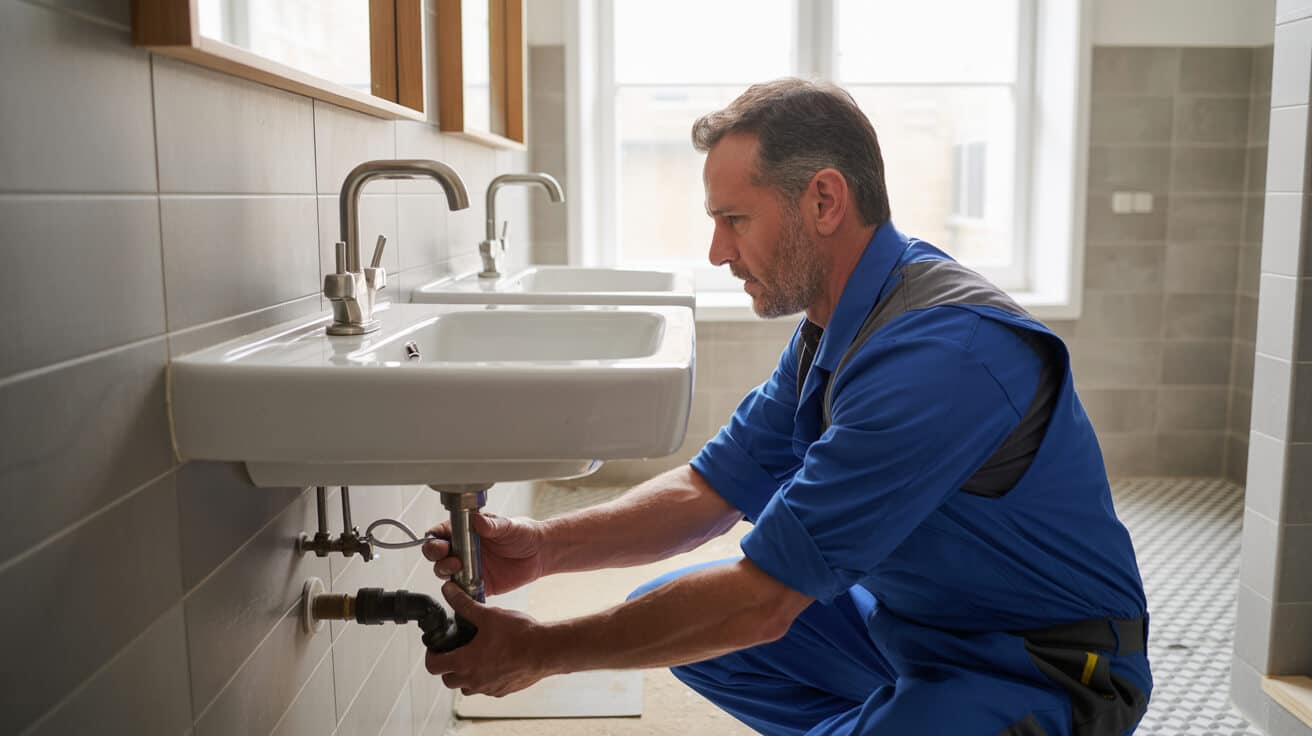
Showers are classed as notifiable work under UK Building Regs. Miss compliance at instal and you might see insurance rejections, supply failures, or denied certifications at sale/rent transition. For landlords and property managers, incomplete paperwork means work isn’t just unfinished—it’s actually unlawful.
Real-World Compliance Demands
- WRAS/WaterSafe: Every fitting must display approval, and you should get a certificate with your paperwork—if you don’t, you’ve paid for a box, not a system.
- TMV2/3 valves: Absolutely required on showers in multi-user, rental, or vulnerable settings—check certification on every box.
- G3 (Unvented) installer credentials: Only licenced installers are allowed to commission, test, and sign off unvented cylinder jobs. Don’t risk a rogue stamp—insurance and Building Control won’t sign, neither should you *(Water Regulations Advisory Scheme, 2023)*.
When it’s time to rent, sell, or have the place inspected, full compliance and a tidy installer paper trail save you weeks of panic and missed opportunities.
Landlord and Agent: Your Documentation Is Your Defence
Agents are strict now: missing WRAS and TMV documents, or lack of G3 for unvented instals, means failed checks and rework bills—plus hassle, lost rent, or delayed sales.
Choosing Plumbers 4U is choosing above-board work—compliance isn’t a nice-to-have, it’s part of every job, logged and delivered before we say we’re done.
What Budget Truly Covers a New Shower—and How Do You Avoid Nasty Surprises?
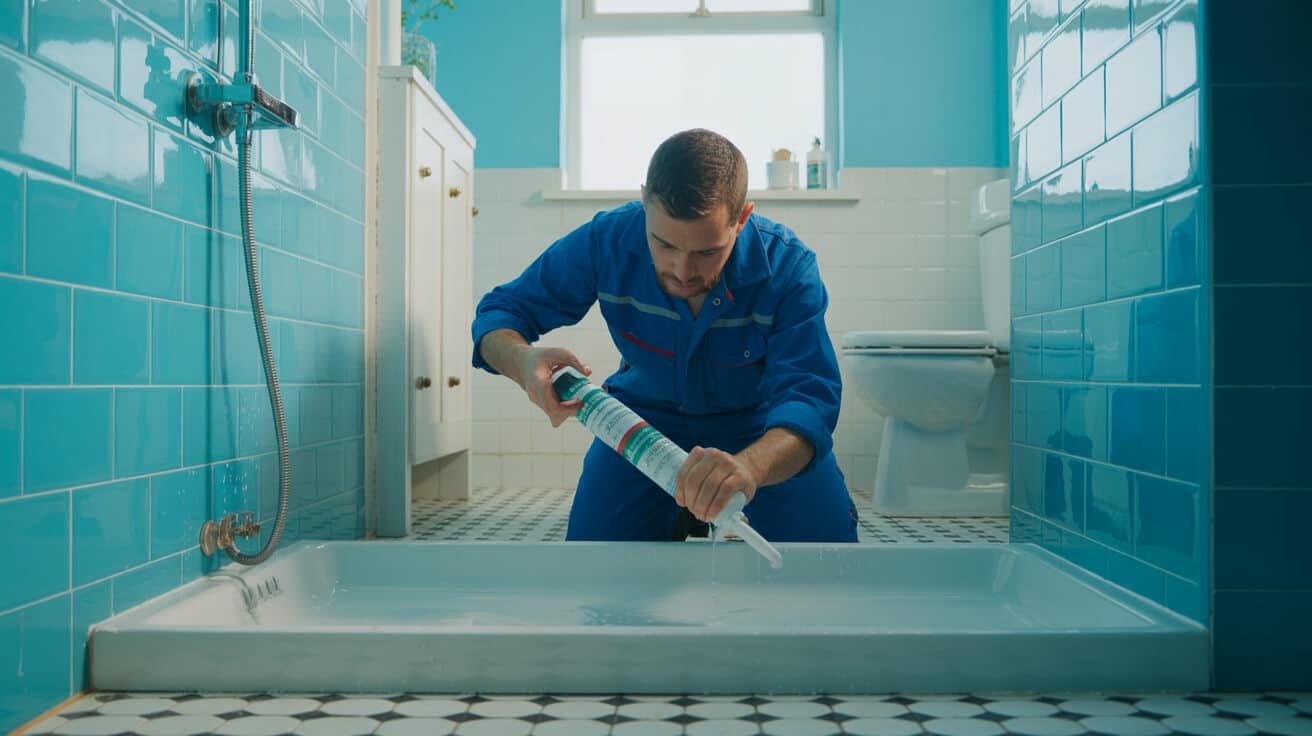
Getting a new shower in doesn’t have to break the bank—but it can absolutely go wrong if the quote’s too “good to be true.” Proper fitting, pressure checks, certification, and the right gear: all need to be in writing before you commit. Let’s break down what you should really expect, not what the biggest sticker claims.
What Makes Up Your Total Cost?
- Supply only (unit): Electric (from £150), mixer/digital (from £200). Top brands and smart features can triple this.
- Labour (plumbing only): £300–£400 a day for most fits—extra if major pipe reroute or upgrades needed. Full tray, tiling, or structural? Allow up to £1,800 for a pro job in standard bathroom.
- Electrical upgrades: If you need a new feed, allow £350–£450 on top. Don’t cut corners on electrics.
- Certification/commissions: WRAS, WaterSafe, G3: some charge separately—make sure your bill includes all of it or you risk “extras” at handover *(Which? 2023)*.
It’s never as cheap as the sticker. The right quote lists every part, cert, and risk in advance—no oh by the way fees.
What to Demand from Any Quote
- Itemised breakdown: every part, make/model, certs and labour.
- Fixed quote: scope (what’s done, what isn’t), price guarantee, and “what if” for unknowns (old pipes, bad floor, pressure shortfall).
- Compliance in writing: check WRAS/WaterSafe and—if applicable—G3 in the paperwork.
- Clear handover: if they dodge this, move on.
Plumbers 4U has built our business on no surprises—every quote is bulletproof, and we tell you upfront if extras are likely. It costs less than cleaning up a cowboy job every single time.
What Defines Genuine Aftercare—And How Does It Extend Your Shower’s Lifespan?
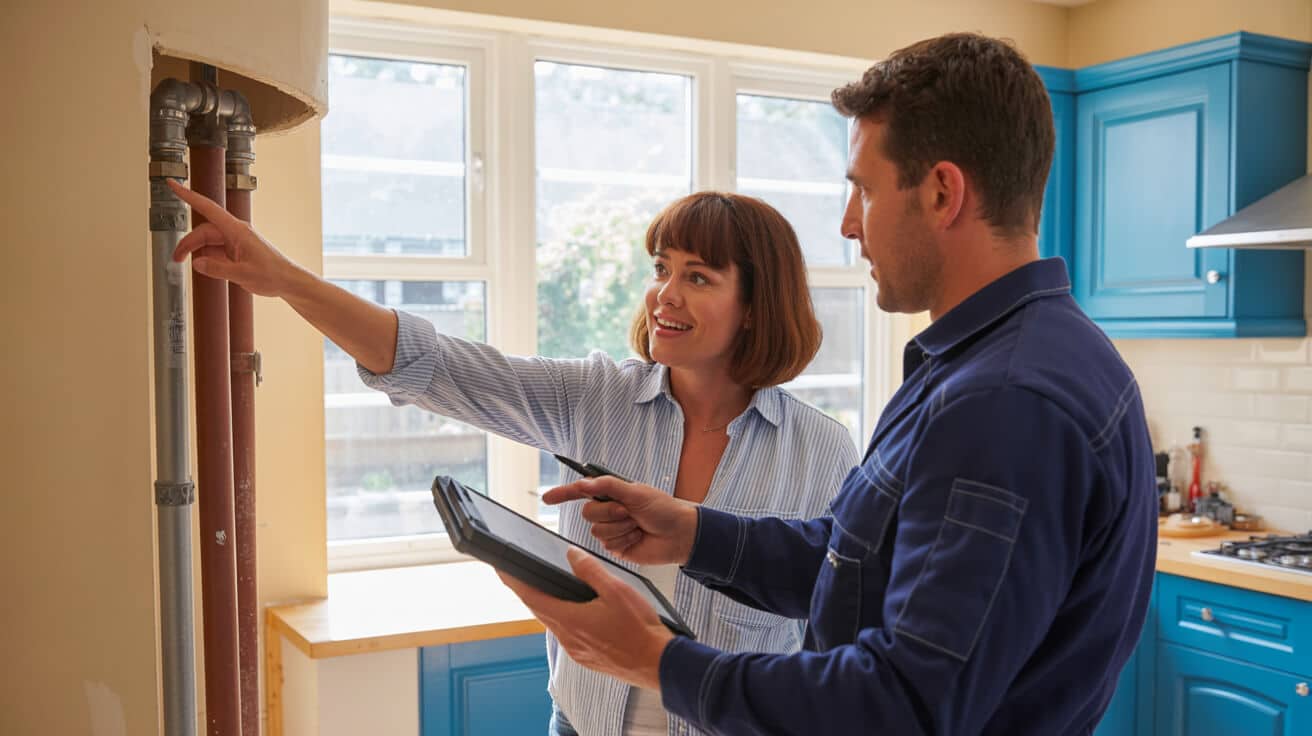
You don’t want short-cuts on a job you have to live with, and you definitely don’t want a pro who disappears after instal. True aftercare sets up your home or rental for years of trouble-free use, clean certification, and top resale or tenancy value.
The Standard for Handover: Don’t Settle for Less
- Full demo: every function, from eco and temp controls to hard water advice.
- Pressure, leak, and temp checks, all logged.
- Digital and paper handover pack: installation certs, part numbers, warranty activation codes, recommended servicing.
- Prioritised for landlords/agents: maintenance reminders, compliance dates, documentation for annual checks.
Most breakdowns, leaks, and repeat callouts can be linked straight to weak handover. Proper aftercare is real customer service, not marketing spin.
Maintenance Tips that Make a Big Difference
- File guides and paperwork in your home or property management documents—pass them to new owners or tenants, not throw them out.
- Clean off limescale as recommended (especially in hard water areas).
- Book a professional service once a year if your shower has smart, digital, pump, or thermostatic controls.
- For rented/managed property, keep instal and service logs—compliance checks or audits are hard proof you care, not an afterthought.
That “new bathroom” feeling doesn’t have to fade if the system is set up and maintained the right way from day one.
Why Homeowners, Landlords, and Agents Trust Plumbers 4U With Their Shower Projects
Every Plumbers 4U project, whether it’s a single homeowner job or a landlord refitting a block, is system-first, compliance-driven, and designed for the long haul. Our approach eliminates stress, bounce-backs, and post-job paperwork chases: everything is tested, logged, certified, and explained before you even think about sending a final payment.
- No-obligation surveys: Every job starts with a deep dive—system type, pressure, pipe runs, electrics, water zones. You get a clear, professional plan, straight talk about what you really need.
- Transparent quotes: No foggy line items or missing certificates. Every price, part, cert, and possible extra is detailed up front.
- Legal and warranty proof: All work done is WRAS, WaterSafe, and—where needed—G3/Gas Safe certified. No missing handovers, no insurance snags.
- Full aftercare: Maintenance reminders, digital/physical records, and direct support for every instal, every time. If you need recertification, a logbook, or advice—we answer the first time, not after a phone marathon.
- One call, no stress: You don’t chase contractors or juggle paperwork; we manage end-to-end from first consult to ongoing support.
A shower done right is worth more than one rushed through and done twice. Long-term value, reputation, and peace of mind start and end with process and care.
Your team keeps more than just good plumbing. You get an asset that scores points when it matters: during surveys, lettings, sales, or real emergencies.
Book Your Trusted Instal with Plumbers 4U Today
For homeowners, landlords, managing agents, or anyone investing in their property’s future, the move is obvious: system-matched showers, honest fit, clear certification, and bulletproof aftercare—no guesswork, no second guessing. Plumbers 4U delivers what matters: pressure tested, documents in hand, support ongoing, and your property better than when we started.
You’ve got enough to worry about. Let us take showers completely off your “drama” list—book your survey, get the facts, and start every day with confidence in your choice. That’s expertise you can feel, every time you turn on the taps.
Frequently Asked Questions
What changes in UK water regulations most affect new shower installations, and how have standards advanced since 2022?
Updates in UK water and safety standards are actively shifting the shower installation landscape—especially after 2022. Every new property, extension, or refurbished bathroom is now governed not only by WRAS product rules and G3 unvented cylinder law, but also by upgraded mandates in Building Regulations Part G, stricter Legionella risk management, and heightened anti-scald protection. For residential landlords, letting agents, and portfolio managers, these regulations no longer just affect technical fit: they directly impact letting rights, insurance claim validity, and mortgage acceptance. Notably, digital handover packs and photo-based compliance logs are now expected for many insurance and social housing audits. If your instal lacks this paper trail, future claims risk being frozen or denied even if the plumbing is visually perfect.
The real test for any new shower isn’t how it looks on instal day—it’s whether insurers and building authorities approve it years later.
Modern standards also recognise system upgrades like low-pressure gravity-fed tanks being swapped for sealed, high-pressure unvented units; for every change, compliance is actively rechecked. Plumbers 4U remains current by mapping live regulation shifts through WRAS, G3, and TMV bodies, so your instal is always one inspection ahead.
What new rules should every project comply with?
- Building Regulations (Part G, H, and L) account for hot water safety, anti-scald thermostats, and mains backflow.
- G3 certification is mandated for unvented installations, with signed benchmark books rather than just stickers.
- Part P requires registered electricians for any shower circuit upgrade.
- Digital logs (photos, instal sheets) are becoming essential audit items.
- WRAS- and WaterSafe-approved fittings are non-negotiable.
Smart compliance is proactive, not reactive—missing documents and legacy errors now create real financial risk for property owners, investors, and agents.
How do you future-proof a shower installation for both resale value and lifestyle changes?
A future-proofed shower does more than suit today’s tastes; it anticipates family growth, property value, accessibility, and smart home upgrades. The best installations are spec’d to flex—allowing for new tenants, mobility needs, smart controls, or even converting to a solar or low-carbon heat system later. Choosing system-compatible components with traceable, certificate-backed fitting is critical for resale, as solicitors and surveyors are starting to ask for WRAS, G3, and TMV certificates in every transaction—even for domestic homes, not just rentals.
True convenience is never having to wonder if your shower meets tomorrow’s standards when you list your home or re-let a unit.
To lock in asset growth, seek shower solutions that include:
- Modular mixer valves prepped for thermostatic or digital swap-outs
- WRAS-approved plumbing and universal access fixtures
- Grab rails, lever controls, and low-slip trays suited to ageing-in-place
- Control wiring and breaker rating sufficient for smart thermostats—even if you delay the purchase
Plumbers 4U actively recommends only hardware and layouts that “stage-proof” your asset—meaning each part can be upgraded without new mess or regulatory catch-up. This approach increases both immediate user safety and mid-term investment value.
Why do WRAS, G3, and TMV documents directly influence insurance and property compliance for shower installations?
Missing or incomplete WRAS, G3, or TMV certification doesn’t just impact resale: it can void insurance cover, block regulatory signoffs, delay tenancy start dates, or saddle property managers with mandatory (expensive) remediation. As insurance claims for water damage and scald incidents have risen (ABI, 2023), underwriters are demanding hard proof for every safety-critical fixture—sometimes long after the initial instal. A landlord or agent without this paperwork faces potential liability when something goes wrong—even if the work looked “good enough” at the time.
When things go wrong, a missing certificate turns a routine claim or survey into a legal battle.
Plumbers 4U not only files digital and hard copies for each instal, but also tags certificates to the specific kit and match photos to room location for unambiguous compliance trails. This “job DNA” means future claims, audits, or sale packs remain frictionless, no matter who’s managing the file.
Which certificates matter most for showers?
- WRAS: Ensures water fittings and instal meet UK supply law and building warranty rules.
- G3: Proves unvented cylinder work meets national safety and pressure standards.
- TMV2/3: Validates anti-scald control—key for landlords, family homes, and any multi-user property.
Storing these with your property documents ensures one-click confirmation at any review, avoiding last-minute panic.
How do you choose between digital, power, mixer, or electric showers for unique property setups like conversions, rentals, or commercial premises?
Selecting the right shower is about more than taste—it’s about matching fixture to future usage patterns and property constraints. Rental and commercial properties benefit from electric showers (which don’t rely on persistent hot water supply or system upgrades) or digitally controlled mixers (which log user profiles and can be locked remotely). Family homes and high-turnover portfolios lean toward thermostatic mixers with changeable heads, as these are easily maintained, can be upgraded to “smart” in phases, and keep documentation requirements manageable. Heritage or converted properties with gravity-fed systems may require pumped power showers—even though these are never suitable for combi or high-pressure setups.
Most unfixable shower issues trace back to mismatched kit or overlooked system quirks—diagnosing this up front beats any after-the-fact workaround.
For each project, Plumbers 4U performs a system audit: mapping pressure, cylinder type, intended user mix, and even future heating/solar plans. This pre-instal match, coupled with immediate and future developer flexibility, guarantees your instal stays fit-for-purpose regardless of who buys, rents, or manages next.
Common system-to-shower matches
| Scenario | Shower Type | Why It Works Best |
|---|---|---|
| Rental flat | Electric or basic mixer | Simple, quick maintenance and independent controls |
| Luxury home | Digital or high-flow mixer | Integrates with smart home, optimal for resale value |
| Heritage/loft | Power (pumped) mixer | Compensates for low-pressure, tank-fed system |
| Commercial units | Tamper-proof electric or TMV3 | Meets compliance & ease of replacement for volume |
What hidden costs and upgrade opportunities emerge during a professional UK shower installation?
Even the best-priced fixtures can lead to runaway costs if the professional instal doesn’t capture every required fitting, electrical update, pressure booster, or legal proof. Prices often balloon when upgrades or “extras”—like new isolation valves, waste pipes realignment, or control wiring for smart thermostats—pop up during site prep or after the first fit. Before you approve any quote, insist on a full site audit, a video walkthrough of proposed work, and a bundled, part-numbered scope so nothing gets missed or unpriced.
Hidden value emerges in the details:
- Pipe lagging and smart insulation controls for ongoing energy savings
- Modular tray and tank options for future “wet room” upgrades
- Compliance-first installations which future-proof your insurance and letting eligibility
A thorough installer isn’t just fitting a shower—they’re locking in operational, financial, and legal leverage for you, no matter what the property future brings.
For maximum benefit, Plumbers 4U documents each part, upgrade option, and fitting—giving you choice and certainty before, during, and after the work. You get lasting control, not post-job surprises.
Table: Frequently overlooked shower-related expenses or upgrades
| Extra/Upgrade | Typical Cost Bracket | Long-Term Benefit |
|---|---|---|
| Smart stat wiring | £120–£250 | Ready for app/EPC/Solar upgrades |
| Tank/gravity booster | £350–£950 | Solves future flow/pressure issues |
| Compliance certificate | £0–£200 | Proof for claims/resale/leasing |
| Modular grab rails | £80–£200 per set | Aids accessibility & asset value |
| Photo/video report | Usually included | Needed for digital handover/audit |
Every selection today should be checked for tomorrow’s leverage, not just today’s look.
Why do seasoned landlords, managers, and owners now treat system audits and paperwork as critical assets rather than afterthoughts?
Savvy property managers and owners have learned that the difference between a stress-free upgrade and a compliance headache often lies in the depth of a pre-instal system audit—and in having immediate access to digital certificates and job photos when lease, claims, or refinance windows open. With letting, safety, and energy-cert thresholds growing sharper every year, missing this audit means increased costs, access denials, or forced retrofits by authorities. A proper system check with a WRAS- or G3-accredited engineer leads to predictable instals, higher standards for tenants, and full readiness for audit—plus enhanced negotiating position for resales and leasebacks.
Compliance isn’t paperwork for its own sake—it’s the only way to protect your status, value, and peace of mind as rules keep tightening.
Plumbers 4U runs photographic audits and logs future-focused documentation for every instal, allowing you to “pull the file” from day one to year ten. No more scramble before the next sale, insurance report, or council review—just a ready, curated asset library backing every shower, every time.
What practical moves keep compliance and property value on your side?
- Always commission and store a photographic pre-instal audit of pipes, tanks, or cylinders
- Require and file all certificates: WRAS, G3, TMV2/3, and electrical Part P as needed
- Log every upgrade or swap—even simple head or valve changes—with digital records
- Partner with an engineer or firm who archives your docs and issues digital handover packs
- Review your audit and certificate file annually, especially before letting or sales cycles
Taking proactive action on system auditing and paperwork is no longer optional—it’s now the mark of successful portfolio landlords, letting agents, and private owners securing every future outcome.
High-value shower upgrades aren’t just about good kit—they’re about forward-thinking system alignment, eagle-eyed auditing, and paperwork you can count on forever.
If you want your next instal to work today, protect your property tomorrow, and speak for your reputation, book an audit and installation with a WRAS- and G3-certified team like Plumbers 4U—where every detail delivers asset power, safety, and peace of mind from day one.

